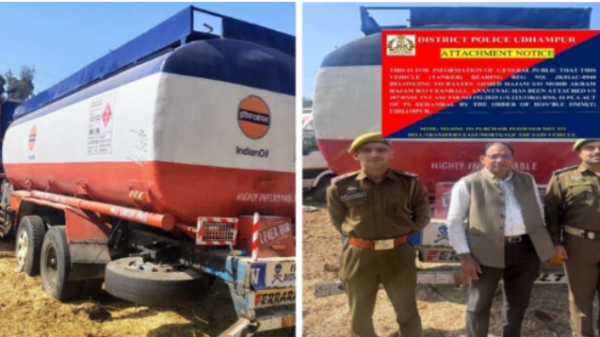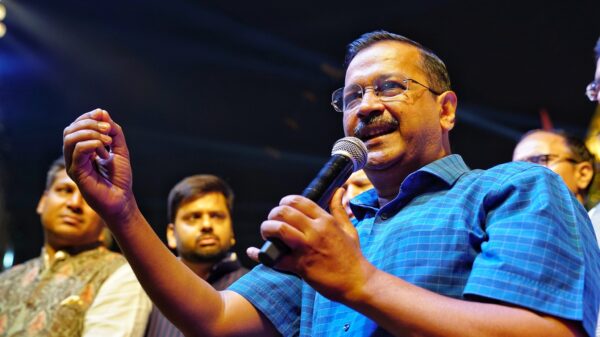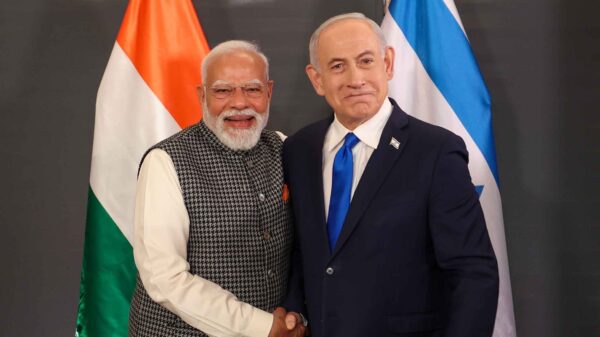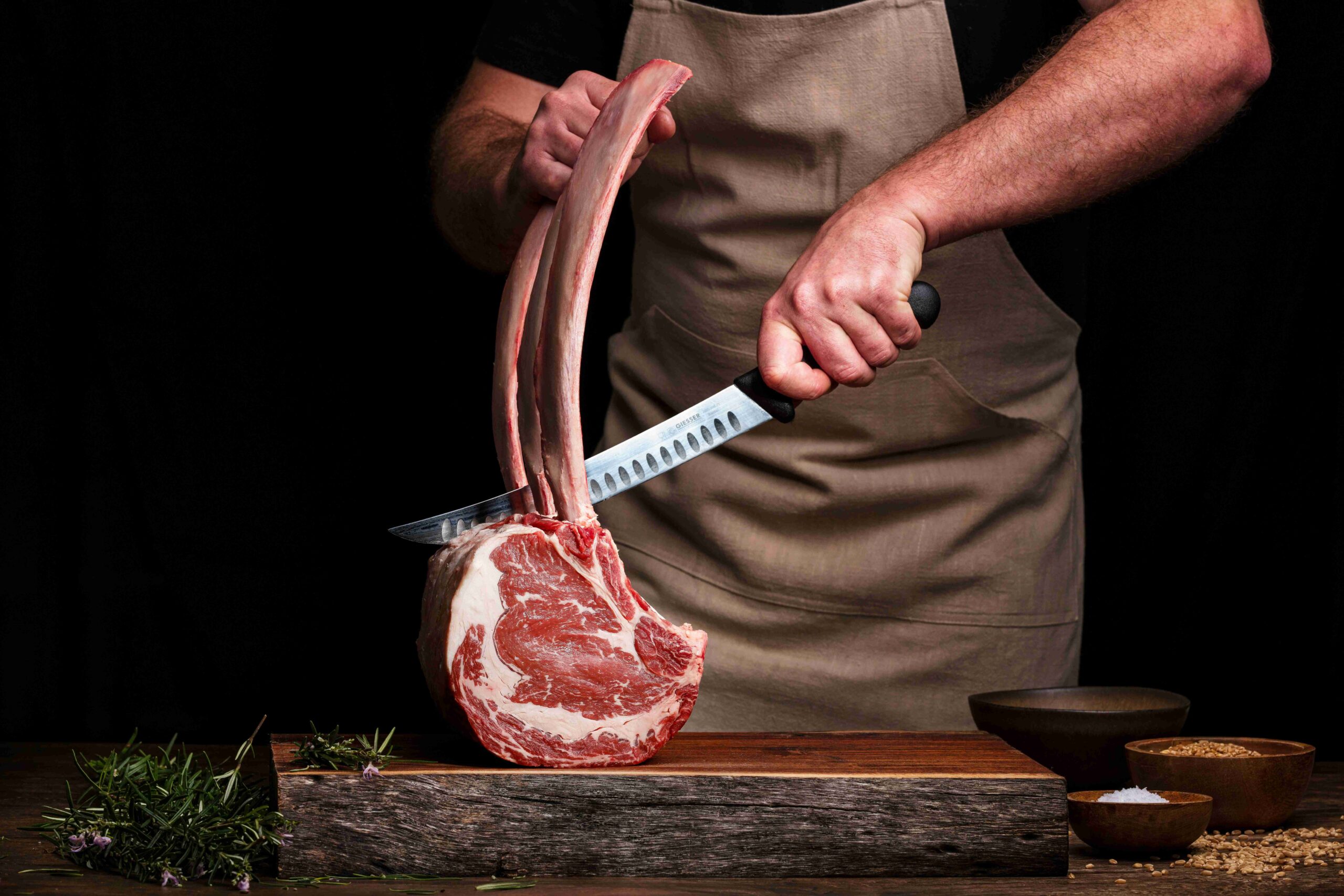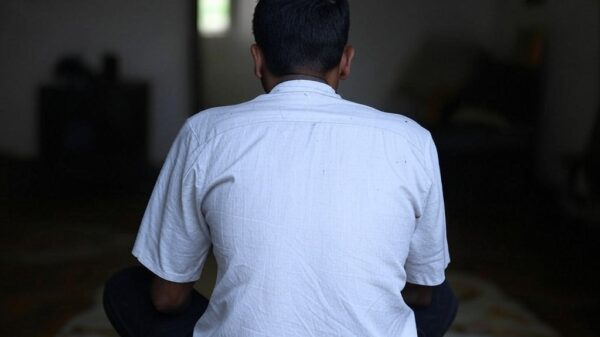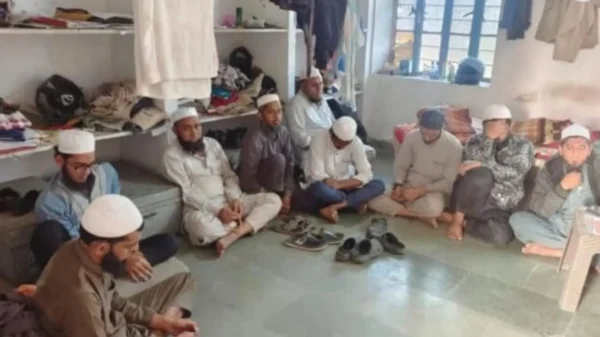In preparation for the Pran Pratishtha ceremony of the Ram Mandir in Ayodhya on January 22, the Rajasthan government has mandated the closure of all meat shops across the state. The decision, aimed at fostering a “pious atmosphere” during the ceremony, was officially announced by the Department of Local Self-Government.
Suresh Kumar Ola, Director of the Local Self-Government Department, issued directives to commissioners and executive officers of municipal corporations, municipal councils, and municipalities statewide. According to these orders, on the day of the consecration of the Ram Temple, all slaughterhouses, as well as meat and fish shops, are required to remain closed.
As part of the preparations, the government had previously declared January 22 as a dry day, leading to the closure of all liquor shops in the state. Furthermore, a half-day holiday has been declared on the same day.
The Pran Pratishtha ceremony involves the installation of the Ram idol in the temple’s sanctum sanctorum, constructed on the site where the Babri Masjid stood before its demolition in 1992.
Reactions to the government’s decision have been mixed. Supporters believe that closing meat shops will contribute to a more solemn atmosphere during the ceremony. However, critics argue that this move is discriminatory and infringes on the rights of meat-eaters.
The decision has sparked a broader debate on the role of religion in public life in India. Some assert that the government should avoid involvement in religious matters, while others argue that promoting religious harmony falls under the government’s responsibility.
In response to the diverse opinions, the government’s spokesperson stated, “The closure of meat shops is a temporary measure to ensure a peaceful and harmonious environment for the sacred ceremony. We respect the sentiments of the people during this significant event.”







